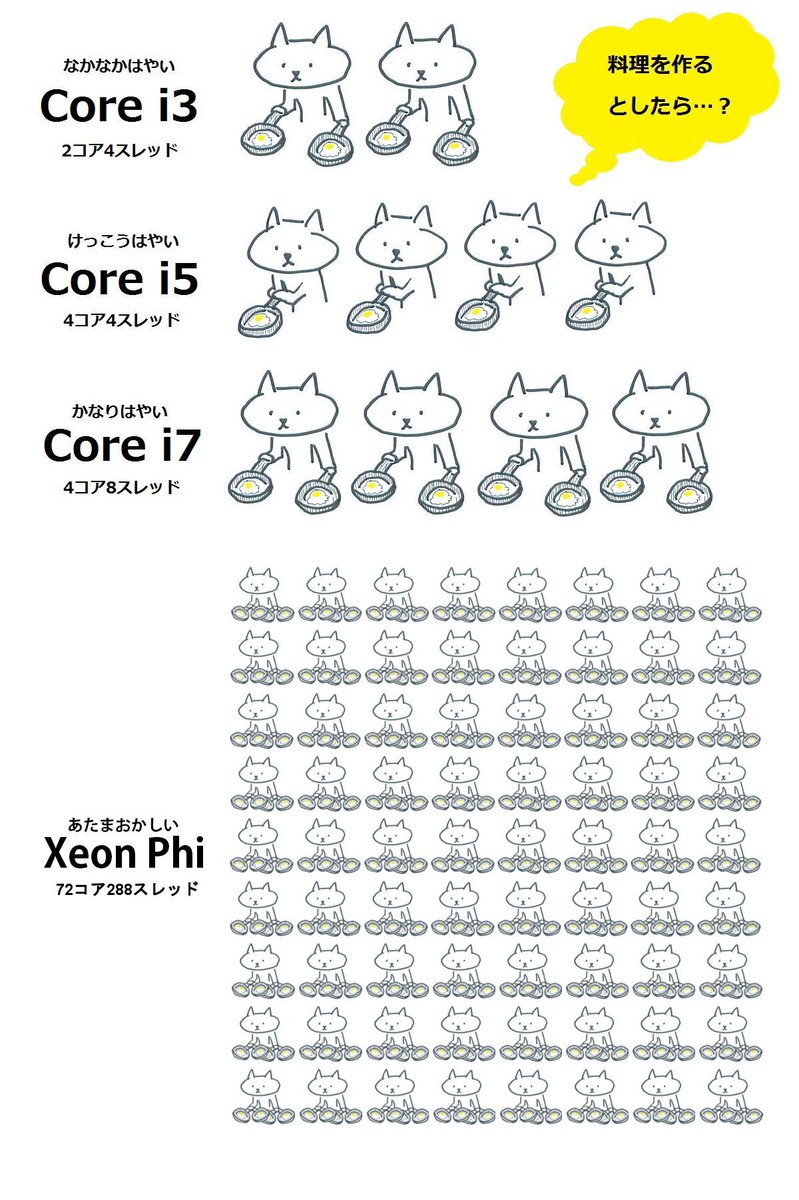can it be translated to too fast that head is dizzy/weird? Instead of "mentally" craziness.
No, あたまおかしい means crazy/insane/mad, not dizzy. Its basic meaning is of course negative, but recently あたまおかしい has gained a positive sense, as seen in this picture. You can say あたまおかしい is mostly positive when this word is used for comedians, "crazy" YouTube video, etc.
おかしい just means weird/strange/peculiar as well as funny. If it were not for あたま in this picture, it would not make much sense.
Are "頭おかしい" and "頭がおかしい" have the same meaning and usage?
As net slang, あたまおかしい is used almost like a single i-adjective. あたまがおかしい might mean the same thing depending on the context, but I rarely see it. Since あたまがおかしい is not an established slang term, I think it tends to be used in the original (i.e., negative) sense.
あたまおかしい is still net slang, especially when this means something positive. A safer replacement would be ヤバい, which is a widely known slang term that can also be both positive and negative.
People often add (ほめ言葉) to clarify it has a positive connotation. e.g, "narutoさん頭おかしい(ほめ言葉)"
I wonder if this phase can describe dizziness in your head. Like, you say this to your friend when your head feels weird or dizzy? "ああ、頭がおかしくなる。"
You should say 頭がくらくらする or 頭がぐらぐらする to express dizziness. 頭がおかしくなる usually means "I'm going mad".

